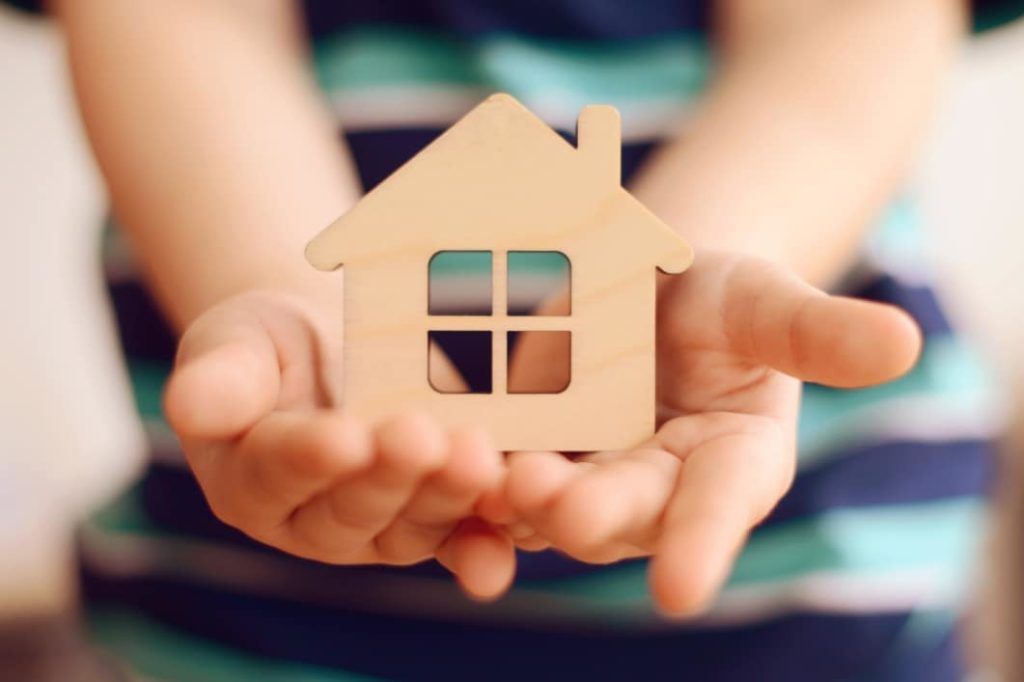Getting a mortgage is probably the biggest financial commitment you will ever make. But if you’re a first-time buyer, you might not know where to start. Here we have outlined the main things you need to know about getting a mortgage.
What is a mortgage?
A mortgage is a large loan used to help buy property or land. This makes up the difference between the total cost of the property and the deposit (lump sum payment). Interest and mortgage fees will be added onto the cost of your mortgage for borrowing the money.
Mortgages are secured against the value of your house until it’s completely paid off. This means that if you fail to keep up with your repayments then your mortgage lender has the right to repossess the property to sell and get their money back.
Do I qualify for a mortgage?
You can get a mortgage if you’re 18 or older and in full-time employment. Most lenders will require that you’re no longer in your work probationary period and that you have a good credit score. However, there are still options available for people who have a poor credit history.
How much can I borrow?
The amount you can borrow is based on your yearly earnings; as well as your partner’s earnings if you’re taking out a joint mortgage. Our online tool can help you work out how much you can borrow if you’re unsure.
No mortgage provider will allow you to take out a mortgage that you can’t afford. The lender will also want to see at least 3 months’ worth of bank statements to determine how much you can borrow for a mortgage.
How big a deposit should I put down?
Although there isn’t a set amount that you have to put down as a deposit, most lenders require around 20% of the house’s value. For example, if you’re looking to purchase a £200,000 house, then you should look to put down a deposit of £20,000.
The bigger the deposit you put down, the cheaper your mortgage repayments will be as you will have a smaller mortgage to pay back.
Consider your LTV (Loan to Value)
A larger deposit will reduce your LTV (Loan to Value), allowing you to get a better deal. Your LTV is the size of your mortgage in relation to how much your property is worth. High LTV mortgages (above 80%) won’t guarantee the best interest rates as these are considered riskier for lenders.
If you’re in a position where you need to secure a high LTV then you’re more likely to get approved if you have good credit score.
How much will I pay each month?
Your monthly repayments will be based on a number of factors. This includes your LTV, the type of mortgage you take out and the length of the term:
Types of mortgages
Fixed rate mortgage – Where the interest rate stays the same for a set period of time, as do your monthly payments.
Variable rate mortgage – Where the interest is set at the lender’s SVR (Standard Variable Rate), considered as their basic mortgage.
Discount mortgage – This is the same as a variable rate mortgage but a reduction is applied for a certain length of time.
Tracker mortgage – This is similar to a variable rate mortgage but instead, they track a nominated interest rate, usually the Bank of England’s interest rate, rather than the lenders SVR.
Capped mortgage – This is also the same as a variable rate mortgage, however, the interest rate can never rise above a set “cap”.
Offset mortgage – These mortgages are linked to a savings account as well as your current account. Each month the lender will look at what you’ve put into savings and deduct this from what you owe on your mortgage.
Whichever type of mortgage you agree to, you will be contracted for a number of years before you are able to renew or remortgage by going elsewhere to get a better deal.
Mortgage term length
On average mortgages run for 25 years, but terms can be longer or shorter than this depending on your situation. As affordability is more prevalent with house prices increasing, many people are choosing mortgages with longer terms in order to get a lower monthly payment.
If affordability isn’t an issue for you then choosing a shorter term could be a better option as you will pay less in interest over time.
If necessary, you can extend or reduce your mortgage term; however, there may be an additional cost to this. You should always ensure that you can afford the change in monthly payments if you choose to change your term.
Applying for a mortgage
The process of applying for a mortgage is relatively straightforward. You will need to provide information about yourself as well as information about the property you are looking to purchase.
When applying for a mortgage you should avoid making multiple applications in a short period of time. This is because lenders will be able to see each of these on your credit file, suggesting that you might be desperate for finance.



